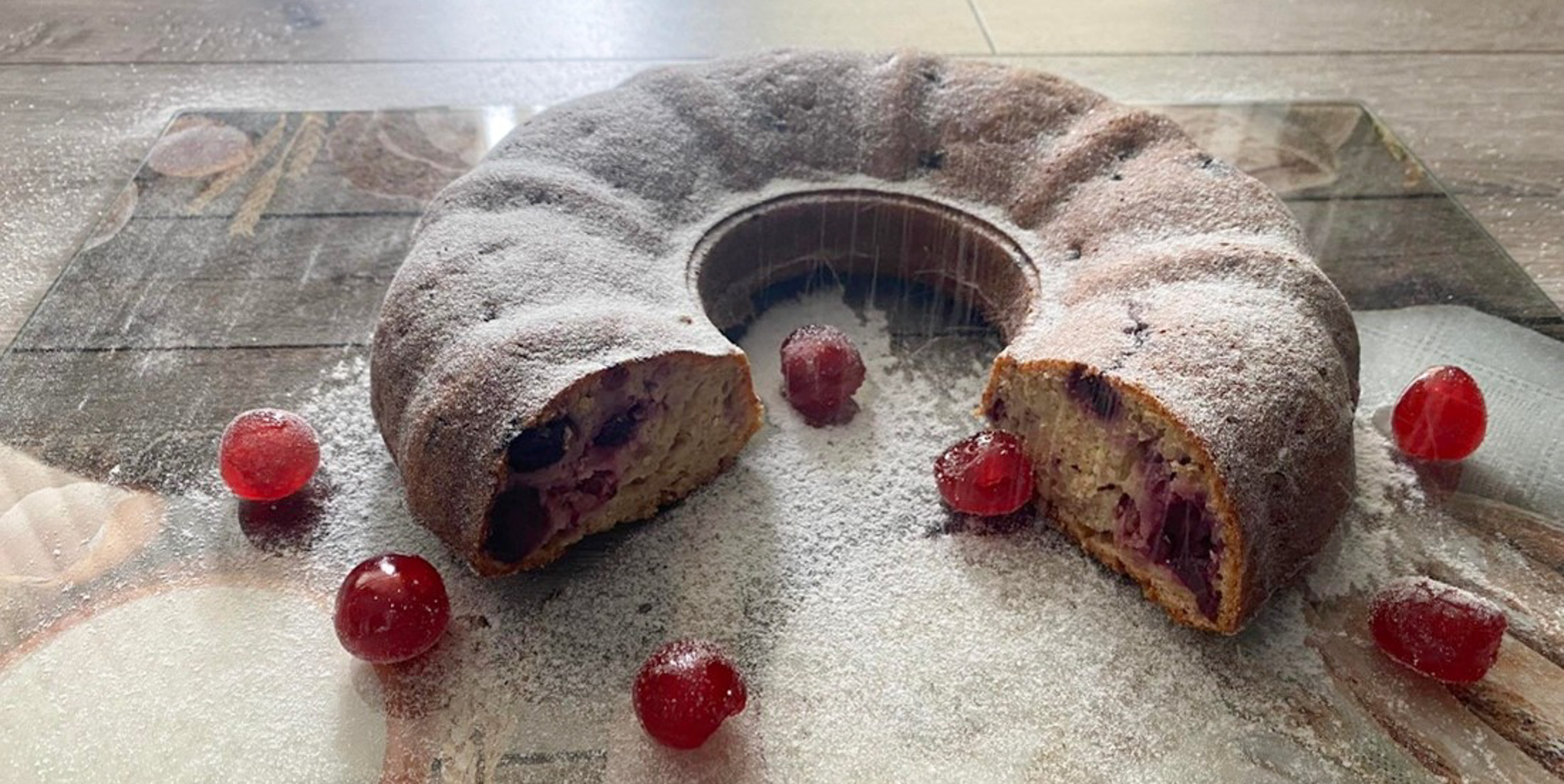Babka is a Polish Easter sweet bread. Alternative ingredients were used to make this healthier and more nutritious snack. Adding fruit gives a sweet and a little sour-tasting replacement to the traditional Easter babka. Not only are they delicious, but they are also nutrient dense and a good source of many vitamins and minerals such as phosphorous, manganese, iodine, Vitamin D, Vitamin E, and Vitamin B12.
Serves: 10
Dietary: Suitable for vegetarians, nut-free
Contains; Wheat, Gluten (Flour, baking powder), milk (Semi-skimmed milk, Greek yoghurt), eggs and soya (margarine).
Preparation time: 10 mins
Cooking time: 60 – 75 mins
INGREDIENTS
½ cup (70 g) wholemeal flour
1 cup (125 g) plain flour
1 tsp baking powder
4 average-sized eggs
¼ cup (50 g) sugar
1/2 cup (150 g) Greek yoghurt
½ cup (125 ml) semi-skimmed milk
1/3 cup (75 g) soya margarine, melted
1 cup (150 g) mixed berries
METHOD
- Preheat oven to 180oC/160oC Fan/350oF/Gas Mark 4.
- Beat the eggs and sugar together. Add the Greek yoghurt, semi-skimmed milk and soya margarine and mix well.
- Add the flour and baking powder, and mix.
- Add the mixed berries and mix them into the mixture with a spoon.
- Pour the mixture into a round fluted tin.
- Place into the oven and bake for approximately 60 minutes. Check to see if the bread is fully cooked by inserting a knife. If the blade is wet, place it into the oven for another 10 – 15 mins.
- Take out of the oven and let cool.
- Enjoy!
This recipe has been donated by Sylwia Szkup, a student nutritionist at ATU, Galway.
NUTRITION INFORMATION
Per serving: Piece of bread
Total calories: 196 kcal
Fat: 9.2 g
of which saturates:2.9 g
Carbohydrate: 21 g
of which sugars: 7.3 g
Fibre:1.6 g
Protein: 6.4 g
Salt:0.3 g
NUTRITION FACTS
This yummy bread is an excellent source of many vitamins and minerals, including vitamins B12, D, E, iodine, and phosphorus.
- Vitamin B12 helps with everyday fatigue and tiredness. While vitamin E contributes to the protection of cells from oxidative stress.
- Vitamin D helps with the maintenance of normal bones, which is especially important in children who are still growing.
- Iodine contributes to the normal functioning of the nervous system, and Phosphorus contributes to the normal function of cell membranes.
VARIATIONS
- Milk-based butter blend can be used if allergic to soya.
- Gluten-free flour and baking powder can be used if coeliac.
- Frozen mixed berries can be used as a cheaper alternative.
Checked by Kathy Lewis, Registered Nutritionist
© 2023 The Caroline Walker Trust

